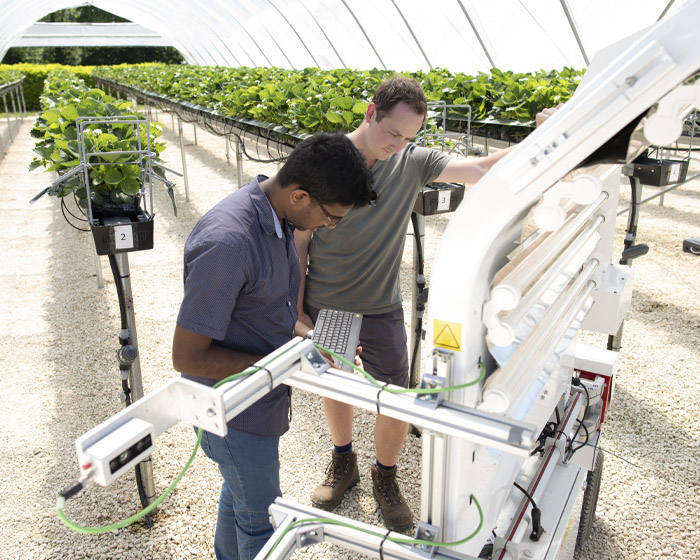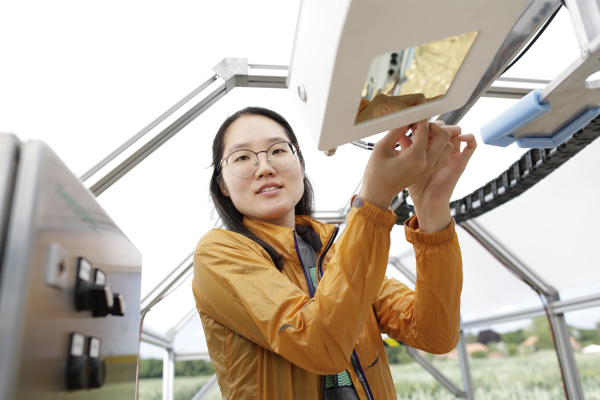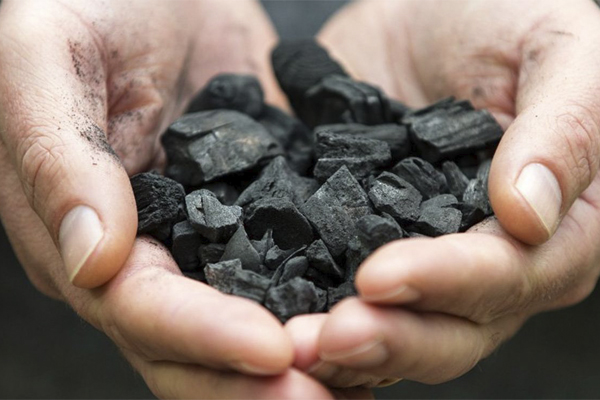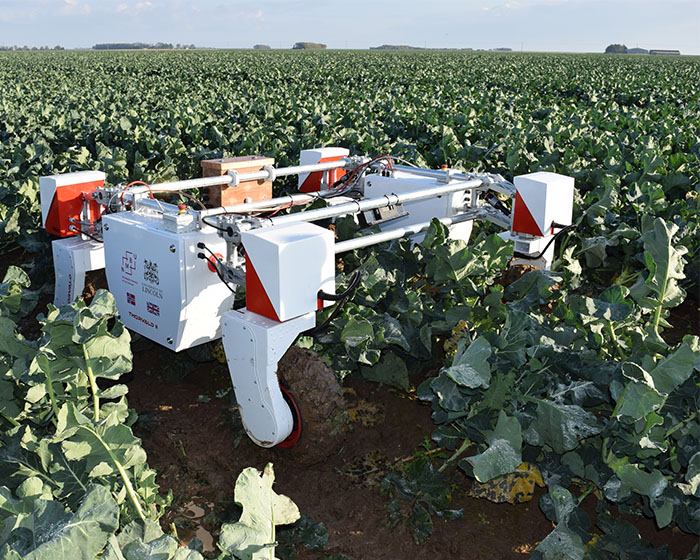Histories and futures of under-utilised crops ‘reimagined'
The purpose is to understand historical social-cultural changes in relation to why indigenous crops became under-utilised and to construct with farming and food communities the possibilities for new innovative approaches to sustainable food production and consumption. Our approach is to co-create knowledge that is grounded in local oral histories and extend these narratives and stories into the future. In doing so, we can facilitate the movement of new conversations, new assumptions, new evaluations, and new approaches into farming and food value chain practices.
Project Lead: Dr Lilian Korir
Co-Investigators: Matthew Hannaford, Ted Fuller
Funder: British Academy
Alleviating nutritional stress for wider environmental rewards in sustainable UK protein crop production
The project has one overall aim: to optimize nutrient management for faba bean improvement. Applying optimal nutrient doses is important for achieving higher crop yields while keeping farm production costs minimal and reducing environmental impacts.
Project Lead: Dr Ravi Valluru
Co-Investigator: Professor Simon Pearson
Funder: Innovate UK
Multi-purpose Physical-cyber Agri-forest Drones Ecosystem for Governance and Environmental Observation
The project will design, build, and test a digital platform for effective, accessible, and secured drone operations and services. The design is based on an innovative platform tried and validated in other European projects and other domains. The added value of this platform will be realised through demonstrated user benefits and reduced risks in drone operations, following EASA guidelines and practices, while it will also follow open-source principles.
Project Lead: Professor Simon Pearson
Co-Investigator: Steve Brewer
Funder: Horizon Europe
Collaborative Fruit Retrieval Using Intelligent Transportation
The aim is to create an innovative approach for soft fruit producers that drives labour productivity, reduces waste, and increases marketable yield. It will help to de-link the sector from critical dependencies on seasonal labour and drives towards net-zero by reducing farm waste.
Project Lead: Professor Elizabeth Sklar
Co-Investigator: Marc Hanheide
Funder: Innovate UK
Butterfly
Project Butterfly brings together a consortium of UK High Value Manufacturing working across sectors, along with solution providers and research organisation to share best practice and demonstrate the power of I4.0 to deliver near-term impact on the road to net zero manufacturing.
Project Lead: Professor Simon Pearson
Co-Investigators: Elizabeth Sklar, Janet Bellamy
Funder: Innovate UK
AgriFood4NetZero: Plausible Pathways, Practical and Open Science for Net Zero Agrifood
The AgriFood4NetZero Network+ brings together key research leaders and their organisations and networks in a mission-led collaboration. The Network adopts a co-development approach to engage scientists and stakeholders to progress and prioritise UKRI and other research to support the agri-food system’s contribution to transitioning to a net zero UK by 2050.
Project Lead: Professor Simon Pearson
Funder: UK Research and Innovation
Lapwing Energy Reverse Coal GGR Phase 2
Reverse Coal is an engineered natural solution to remove CO2 from the atmosphere and bury it back into the geological reserve. This can be scaled and deliver significant social and environmental benefits.
Project Lead: Dr Amir Badiee
Co-Investigator: Simon Pearson
Funder: Department for Business, Energy and Industrial Strategy
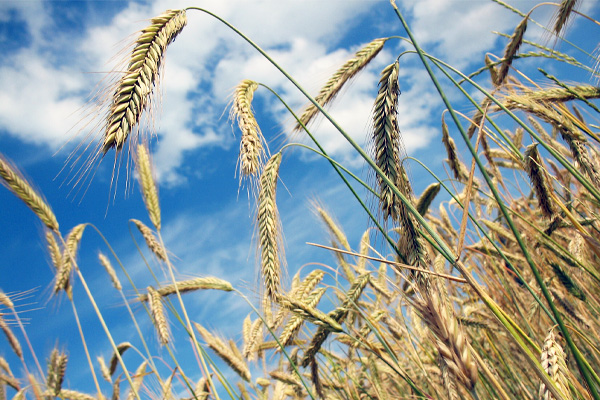
/prod01/university-of-lincoln-cdn-pxl/media/responsive2017/research/Impact,and,Society.jpg )
